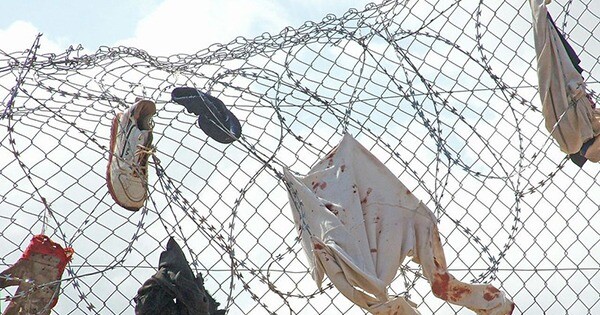Madrid/Seville, 20 July 2020 – Human rights organisations Access Info Europe and Andalucía Acoge, with legal support from Gentium and research support from Profundo, today announced the submission of legal arguments to the Spanish Supreme Court in a case challenging the granting of €30 million from Spain’s Contingency Fund to the Moroccan authorities for the control of migration towards Spain.
The legal challenge seeks to annul the decision to spend the €30 million, taken by Spain’s Committee of Ministers on 19 July 2019, on the basis that this is an improper use of the Contingency Fund, which is earmarked for “urgent and unforeseeable” crises. For example, in March 2020, 1,000 million from this fund was spent on fighting the coronavirus pandemic.
The organisations state that the reason for the litigation is to ensure that any spending on the control of migration is based on criteria of respect for human rights and is done with full transparency and in compliance with the rule of law.
In this case accountability to the public is especially important as the funds will be used by the Moroccan authorities which have, on various occasions, been accused of abusive treatment of migrants, something that has been documented by a number of Spanish and international human rights and migration organisations, including one of the parties in this case, Andalucía Acoge.
“It is essential to guarantee transparency in decision making on the spending of taxpayer’s money, especially when this money is being used in ways that could have a negative impact on human rights,” stated Helen Darbishire, Executive Director of Access Info.
In the legal arguments, the organisations assert that the use of the Contingency Fund cannot be justified on grounds of a “new migration crisis”, something that the Spanish government has is asserting, because, as data from Spain’s Ministry of Interior show, there greater numbers of migrants attempted to reach Spain in 2018 than in 2019, without any emergency funding having been allocated in 2018.
The legal challenge was initially presented on 18 October 2019, but after various procedural steps, including formal acceptance of the case by the Spanish Supreme Court in November 2019, and then the state of alert caused by the coronavirus pandemic, it is only now that the parties are submitting their detailed legal arguments.
Estela Casajuana, human rights specialist at Profundo, a Netherlands-based research organization, underlined that the legal challenge should help bring greater transparency to Spain’s international cooperation. “There should be more transparency in the allocation and use of funds to third countries with respect to migration issues. Spain should also adopt mechanisms to ensure that its funds are never used in ways that infringe the rights of migrants and refugees, rights which Spain is legally bound to uphold.”
The organisations who have taken this legal challenge against the Spanish government to the Supreme Court, are calling on the Government to ensure that its migration control policies do not include externalisation of border control, and to ensure that the police and other law enforcement bodies always respect human rights.
The organisations also stressed that public money should always be spent as stipulated in the budgets as approved by the government and the parliament, in line with the priorities determined during that process. In this case the Contingency Fund should have been reserved for needs inside Spain, of which there are many, as the 2020 pandemic has highlighted. The organisations will therefore be following the presentation of the legal challenge with a round of contacts with parliamentarians to explain their concerns.
“It is essential that public money is invested in the needs of citizens across the world. It is should not be used to finance the externalisation of the European Union’s borders in ways that permit limitations on and violations of human rights,” said José Miguel Morales, General Secretary of Andalucía Acoge.
“Externalising the control of the EU’s borders, including those of Spain, is one of the biggest challenges for migrants and refugees. The legal strategy here is to ensure that relevant governments and institutions that are involved in this take full responsibility for their actions and are held to account,” commented Rafael Cid, Director of Legal Strategy at Gentium.

Cover picture: fronterasur, via Flickr (CC BY-NC 2.0), downsized

